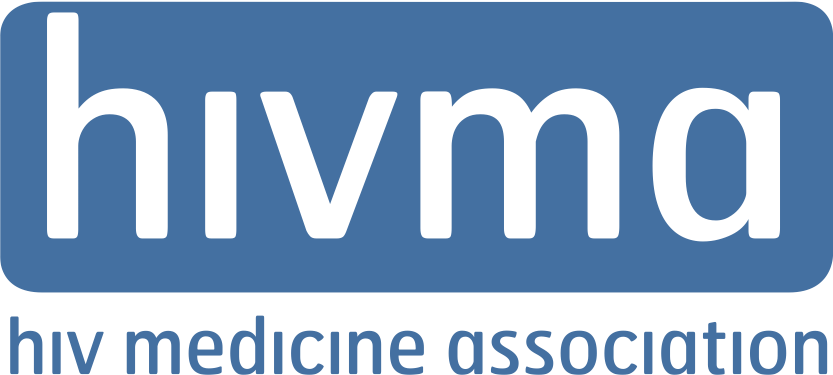House Appropriations Committee Advances Critical Investments
in Public Health and Ending the HIV Epidemic
The U.S. House of Representatives Appropriations Committee advanced its funding bill for Labor, Health and Human Services programs for FY 2022 on July 15. The bill includes new funding for HIV research at the National Institutes of Health, for infectious diseases prevention at the Centers for Disease Control and Prevention and for the Ryan White HIV/AIDS program. These funding increases are on top of new funding for the federal Ending the HIV Epidemic initiative. The bill also would step up efforts to reduce infections linked to drug use by increasing funding for CDC’s Infectious Diseases and the Opioid Epidemic program by $56.5 million — a significant increase in resources for syringe services programs and for monitoring of infections linked to drug use — and by lifting the ban on the use of federal funds to purchase syringes.
The House Appropriations Committee approved the following funding levels for HIV-related programs:
- $49.4 billion for the National Institutes of Health, a $6.5 billion increase from the fiscal year 2021 enacted level, including a $200 million increase for HIV research with a $10 million increase for the Centers for AIDS Research as part of the Ending the HIV Epidemic initiative.
- $688 million across the Department of Health and Human Services to continue efforts toward the federal Ending the HIV Epidemic initiative to implement effective prevention, diagnosis and treatment strategies, including:
- $275 million for CDC’s EHE Division of HIV/AIDS Prevention, a $100 million increase;
- $152.3 million for the Health Resources and Services Administration’s EHE Community Health Centers, a $50 million increase;
- $190 million for HRSA’s Ryan White EHE program, an $85 million increase.
- $2.655 billion for the Ryan White HIV/AIDS Program, including:
- $700.9 million for Part A, a $45 million increase;
- $486.7 million for Part B: Care, a $72 million increase;
- $900.3 million for Part B: AIDS Drug Assistance Programs, level funding;
- $207.1 million for Part C, a $6 million increase;
- $80.1 million for Part D, a $5 million increase;
- $44.6 million for Part F: AIDS Education and Training Centers, an $11 million increase;
- $15.1 million for Part F: Dental, a $2 million increase;
- $30 million for Part F: SPNS, a $5 million increase.
- $1.501 billion for CDC’s Divisions for Viral Hepatitis, STI Prevention and TB Elimination, including:
- $1.065 billion for HIV prevention, a $16 million increase for school health in addition to the $100 million increase for the EHE;
- $44.5 million for viral hepatitis, a $5 million increase;
- $166.8 million for STD prevention, a $5 million increase;
- $140 million for TB elimination, a $5 million increase;
- $69.5 million for opioid related infectious diseases, a $56.5 million increase.
Earlier this month, the House Appropriations Committee advanced the FY 2022 Interior, Environment and Related Agencies appropriations bill, which included $27 million for the Indian Health Services EHE program, a $22 million increase.
In addition, the committee advanced the State and Foreign Operations and Related Programs funding bill, which provided $6.08 billion for PEPFAR, a $150 million increase. The SFOP bill also would permanently repeal the global gag rule that restricts funding to nongovernmental organizations receiving U.S. assistance to provide women’s health care, including HIV services. The committee also approved a Transportation, Housing and Urban Development and Related Agencies bill that includes $600 million for the Housing Opportunities for People with HIV Program, a $170 million increase.
HIVMA urges the House of Representatives to move quickly to advance its bills and for the Senate to follow suit by supporting investments in domestic and global health and public health programs at the levels necessary to end HIV as an epidemic and prevent future pandemics.

